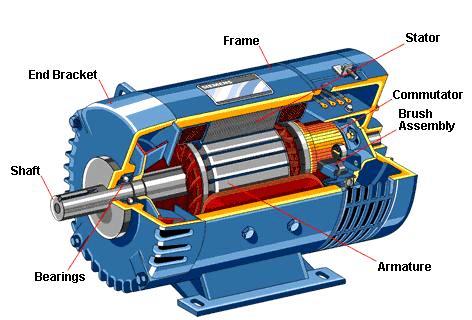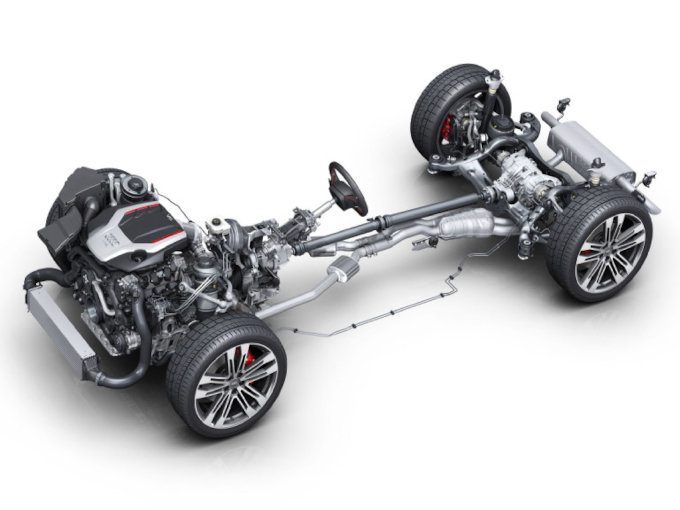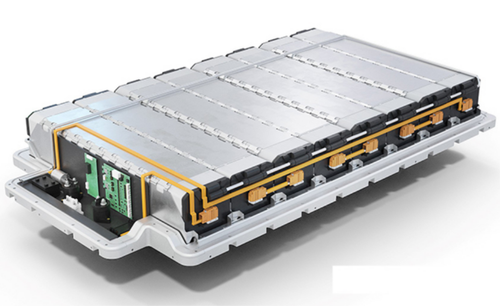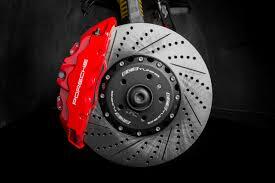Is It Possible to Convert a Gas-Powered Vehicle to Electric?
Yes, it is possible to convert a gasoline-powered car to run on electric power. Although the process may seem a bit more involved than simply installing a new engine, it follows a similar principle.
If you’re comfortable working on cars, converting a gas-powered vehicle to electric power might be within your capabilities. For others, hiring a skilled technician to do the conversion could still be a more cost-effective solution than purchasing a new electric vehicle.
Can Anyone Convert a Gas Car to an Electric One?
Yes, anyone can convert a gas car to run on electricity, but how easy or difficult it is will depend on several factors.
Certain vehicles are simpler to convert than others, especially if the manufacturer offers conversion kits for older models (although most don't). Aftermarket companies also sell kits tailored to specific vehicles, making the conversion process easier. These kits often include necessary parts, so you don’t have to customize a generic motor or build from scratch.
For example, EVWest successfully converted a 1963 Volkswagen Beetle using a ready-made kit, as shown in one of their demonstration videos.
How Do You Convert a Gas Vehicle to Electric?
The conversion begins with removing the gasoline engine and other associated components. You or the technician will take out parts like the exhaust system, fuel tank, radiator, and fuel lines, since none of these are needed for an electric vehicle (EV). In some cases, depending on the vehicle's age, you may also need to replace the transmission with an electronically controlled version.
Install the Electric Motor

Once the old engine and components are removed, an electric motor is installed in its place. If the transmission has been taken out, a new one must be fitted as well. The electric motor is connected to the transmission, sometimes using an adapter plate, and is secured with motor mounts. Depending on the specific kit and vehicle, extra brackets might be needed to secure the motor properly.
Retain the Drivetrain

In simpler conversions, the vehicle’s existing drivetrain, such as the driveshaft, differential, and axles, is kept intact. Although some advanced conversions might eliminate these parts, most conversion kits are designed to work with the original drivetrain.
Add the Battery Pack

After installing the motor, the next step is fitting the battery pack and connecting it to the system. Some kits come with batteries, wiring, and controllers, simplifying the task. If not, you'll need to source the batteries yourself. Placement options for the battery pack include the engine compartment, trunk, under the seats, or where the gas tank used to be.
In certain instances, the entire chassis can be replaced with a modern electric skateboard platform, like the example from Celebrity IOU: Joyride, where an older vehicle body was fitted onto this type of battery platform.
Upgrade the Brakes

Some kits come with regenerative braking systems, which means you'll need to replace the original brakes. This involves more than just a regular brake replacement, as the regenerative system must be wired into the EV's electrical system.
Convert the Electrical System
The car's 12V electrical system must also be adjusted. Conversion kits typically come with a power converter to supply electricity to systems like lights and radios. Some kits recharge the vehicle’s original 12V battery to keep the low-voltage electronics operational.
Extra Considerations
The conversion process is generally straightforward if you use a kit designed for your vehicle model. Some kits even interface with the original dashboard, so you can monitor battery levels using the car’s fuel gauge. Others might come with new gauges or even heating and cooling systems for the battery pack and cabin.
Should You Convert Your Car to Electric?
Before starting a conversion project, you should consider whether your vehicle is a good candidate. The car’s age is not necessarily a concern, but its overall condition is important. If you have a classic car or one in excellent shape, it might make sense to convert it. However, if your car is rusted or in poor condition, it may not be worth the investment.
Other factors to consider are the weight and size of the vehicle. Heavier cars may not perform as well after conversion, and extremely small vehicles may not have enough space for batteries.
Costs of Converting a Gas Car to Electric
Converting a car from gas to electric is generally cheaper than buying a new EV, and it might even cost less than purchasing a used gas-powered vehicle and converting it. However, prices can vary. Conversion kits can range from $7,500 to over $25,000, and many of the less expensive kits don’t include the batteries, which are a major cost factor.
For instance, if you’re converting a pristine 1970s Porsche 911, you could expect to spend about $11,500 on the kit, an additional $10,000 on batteries, and a bit more on other parts. If you handle the conversion yourself, you could end up with an electric Porsche for under $25,000, which is less than the cost of a new EV like the Chevy Bolt or Nissan Leaf.
While some claim that you can convert a car for less than $5,000, it's important to remember that this usually doesn’t account for the cost of batteries, which tend to be the most expensive component of the process.

.png)